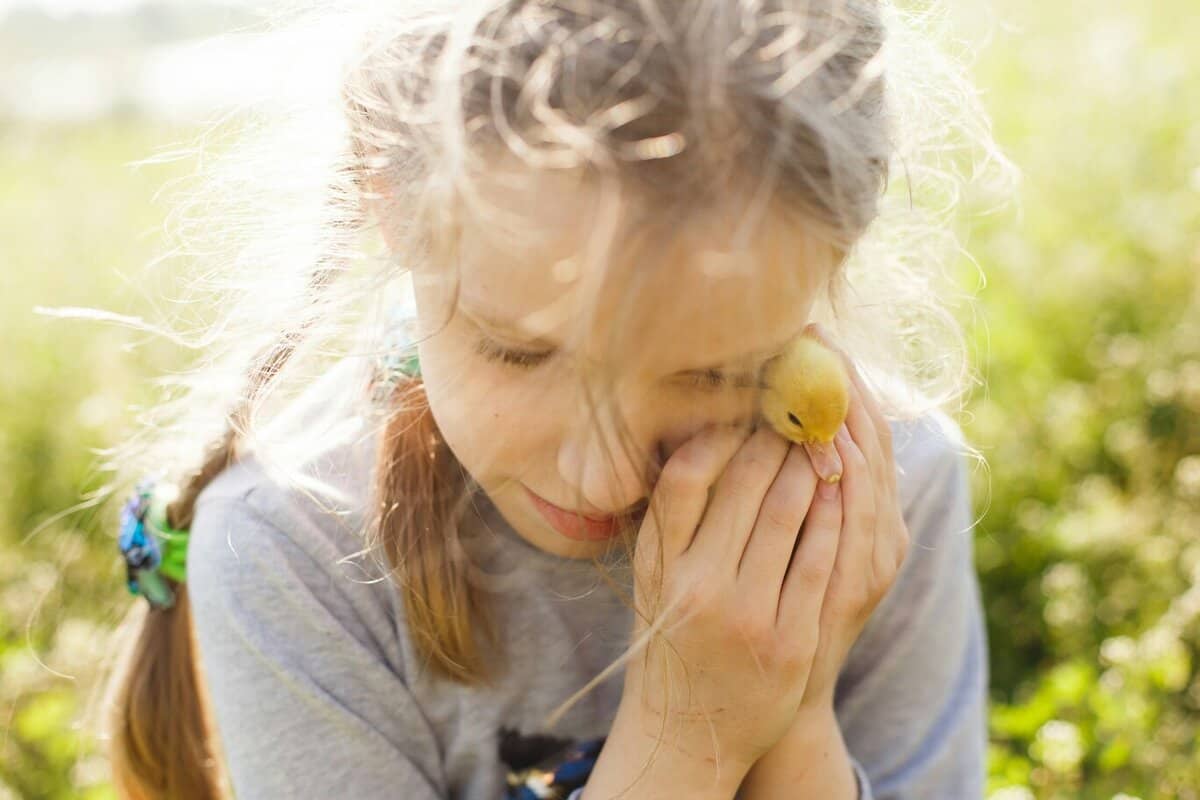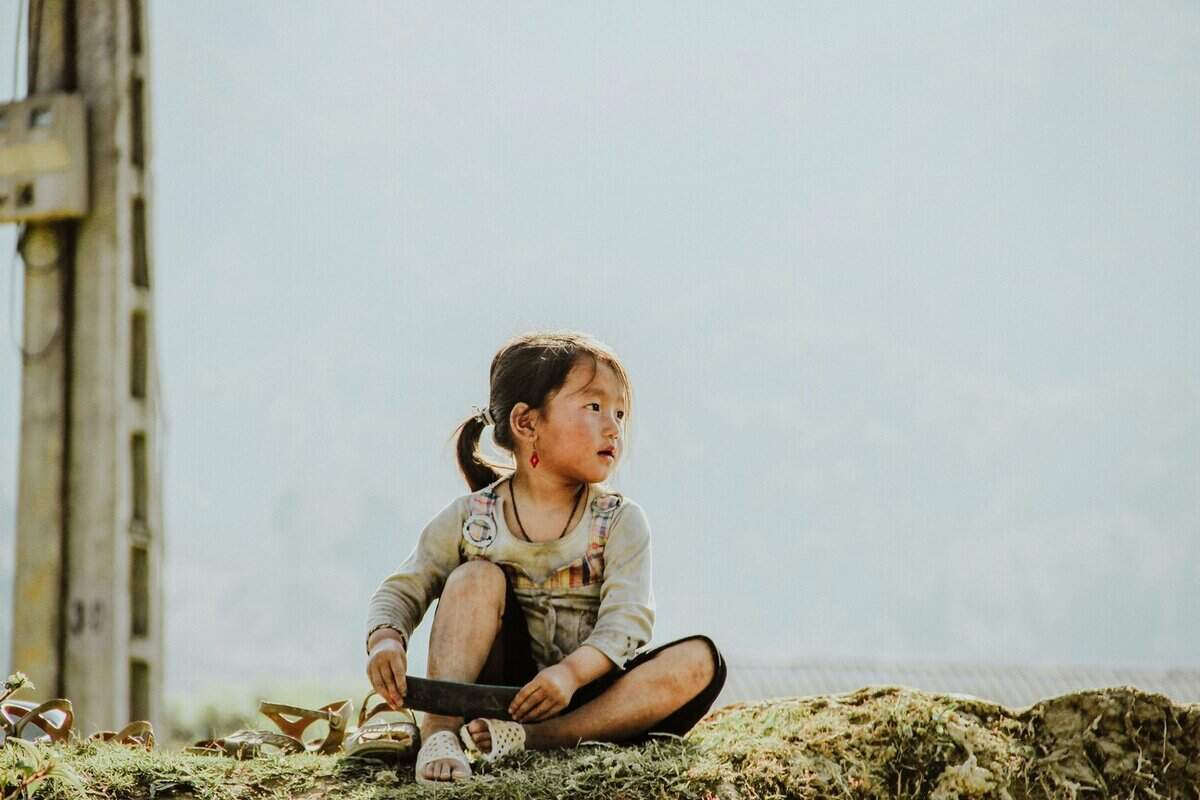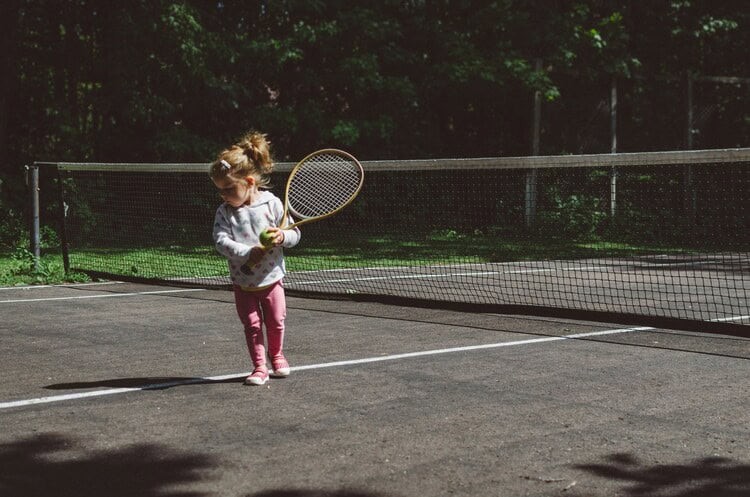Growing up in a family can feel like navigating a complex maze, especially when certain roles are imposed on us from early childhood.
Sometimes, kids unknowingly take on roles to keep the peace or survive the chaos.
These roles, though often born out of love or necessity, can turn toxic over time, shaping how they see themselves and relate to others.
Recognizing these patterns is the first step toward freeing yourself of the burden.
Here’s a look at 5 common, harmful roles kids can get trapped in within their families.
1. The Caretaker
The caretaker child steps in early to keep their family afloat, often taking on adult responsibilities like emotional support, chores, or even mediating conflicts.
They feel compelled to keep everyone happy and safe, which can lead to anxiety or burnout.
These children struggle with boundaries because they’re so focused on fixing everything that they forget to care for themselves.
As grown-ups, they tend to prioritize others’ needs above their own, often neglecting their emotional health.
They may see themselves as problem-solvers, but beneath that lies a deep sense of emotional insecurity.
This role can make them feel unsafe emotionally, constantly worried about losing control or letting others down, which hinders their ability to relax and be vulnerable.
2. The Scapegoat
The scapegoat is the child who’s typically blamed for everything going wrong with the family. They’re labeled as the trouble-maker, often treated unfairly or singled out.
This constant blame creates a feeling of not fitting in or being accepted, making them feel like they’re always on trial.
As adults, they may struggle with low self-esteem, identity crises, and even find it hard to trust their own judgment.
They may also experience ongoing insecurity and feelings of instability.
Despite all this, former scapegoats are most likely to break free when they grow up.
By becoming stronger and using their experiences as motivation, many of them manage to end the cycle of toxicity and redefine their self-worth.
3. The Lost Child
The lost child is often the quiet, shy one who prefers solitude over chaos.
They feel invisible within their family, spending a lot of time alone because otherwise they feel misunderstood.
They’re typically labeled as the “good kid,” which might seem positive but can actually make it harder for them to express their true needs or ask for help.
As adults, they tend to struggle with vulnerability, finding it difficult to share their feelings or ask for support.
They often feel lonely and disconnected, shutting down emotionally when things get tough.
Their tendency to withdraw can make it hard to build close relationships, leaving them feeling isolated even when they’re surrounded by people.
They learn early on that silence is safer than speaking out.
4. The Clown
The clown child is the life of their home, using humor to diffuse tension and keep their family afloat.
They’re outgoing, funny, and often the one everyone turns to for a good laugh.
However, behind the jokes, they’re hiding pain and negative emotions they don’t know how to handle.
As adults, many of them rely on humor as a way to cope with their struggles, which can make it hard to face serious issues or process feelings like sadness and anger.
They might become codependent, seeking validation through laughter and approval.
Often feeling powerless and unheard, they use comedy as a defense mechanism, pretending to be okay even when they’re really not.
This pattern can leave them feeling empty and disconnected from their true selves.
5. The Hero
The hero is the responsible, disciplined, and ambitious kid, often labeled as the “golden child.”
They’re expected to succeed, be perfect, and carry the family’s reputation.
This role fosters a strong work ethic but also creates the pressure to excel constantly.
As adults, they often struggle with perfectionism and overworking themselves, feeling they always have to be strong and in control.
This can lead to issues with intimacy and vulnerability because they’re so used to being the dependable one.
Their fear of failure keeps them pushing harder, but it also isolates them emotionally.
They may feel like their worth is tied solely to achievement, which makes relaxing and being vulnerable a real challenge.
A little Aquarius, devoted to writing and embroidery. Through my writing, I hope to empower readers to align with their true selves and navigate life’s mysteries with confidence.






